Over 300 Schools Across America Adopt Pioneering EdTech’s Transformative Program—with over 100,000 public, private and charter school students nationwide benefitting from cost-effective, entirely turnkey virtual Spanish language instruction driven by state-certified teachers

The U.S. Census Bureau estimates that, by 2050, the country will have the largest population of Spanish speakers, making the language an increasingly valuable skill in both educational and professional contexts. Since launching in 2016, Sarah’s Spanish School—an EdTech leader in virtual language instruction—has established itself as the premier provider of online Spanish education programs for elementary and middle schools across the United States by providing fully managed, turnkey programs. Now boasting over 100,000 students annually, including partnerships with hundreds of schools across America, Sarah’s Spanish School is making high-quality language classes accessible to all students—both in the classroom at school and at home. With a presence in over 300 schools across 15 states, districts are increasingly turning to this visionary EdTech to fill gaps in language instruction and help students achieve Spanish fluency, while fostering a lifelong love for language learning.
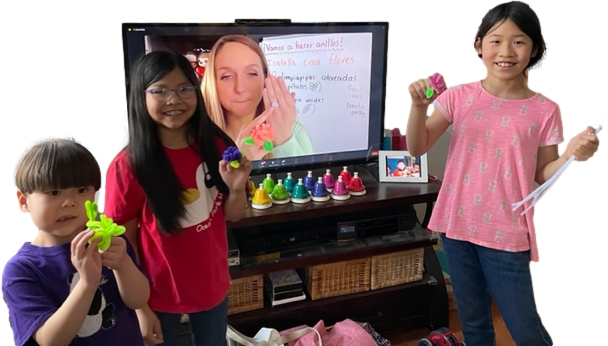
“Our ability to serve over 100,000 students each year exemplifies that our virtual language program scales effectively, making it appealing for school boards and entire state education departments,” notes Sarah Thiemann, Founder & CEO of Sarah’s Spanish School. “Our ability to provide engaging and interactive Spanish language classroom instruction by credentialed experts, at a level that replicates the effectiveness of in-person teaching, is resonating with school districts and curriculum decision makers from coast to coast. It’s also a turnkey solution that can be quickly implemented across large and small schools in both urban and rural areas, which can be more difficult to staff.”
With the growing shortage of qualified Spanish teachers, schools are turning to this fully-managed, cost-effective virtual option to ensure their students receive high-quality language instruction from certified teachers. Below are seven reasons why the program is being enthusiastically integrated into existing school systems, replete with all the tools and resources needed for success.
1. Addressing Escalating Demand
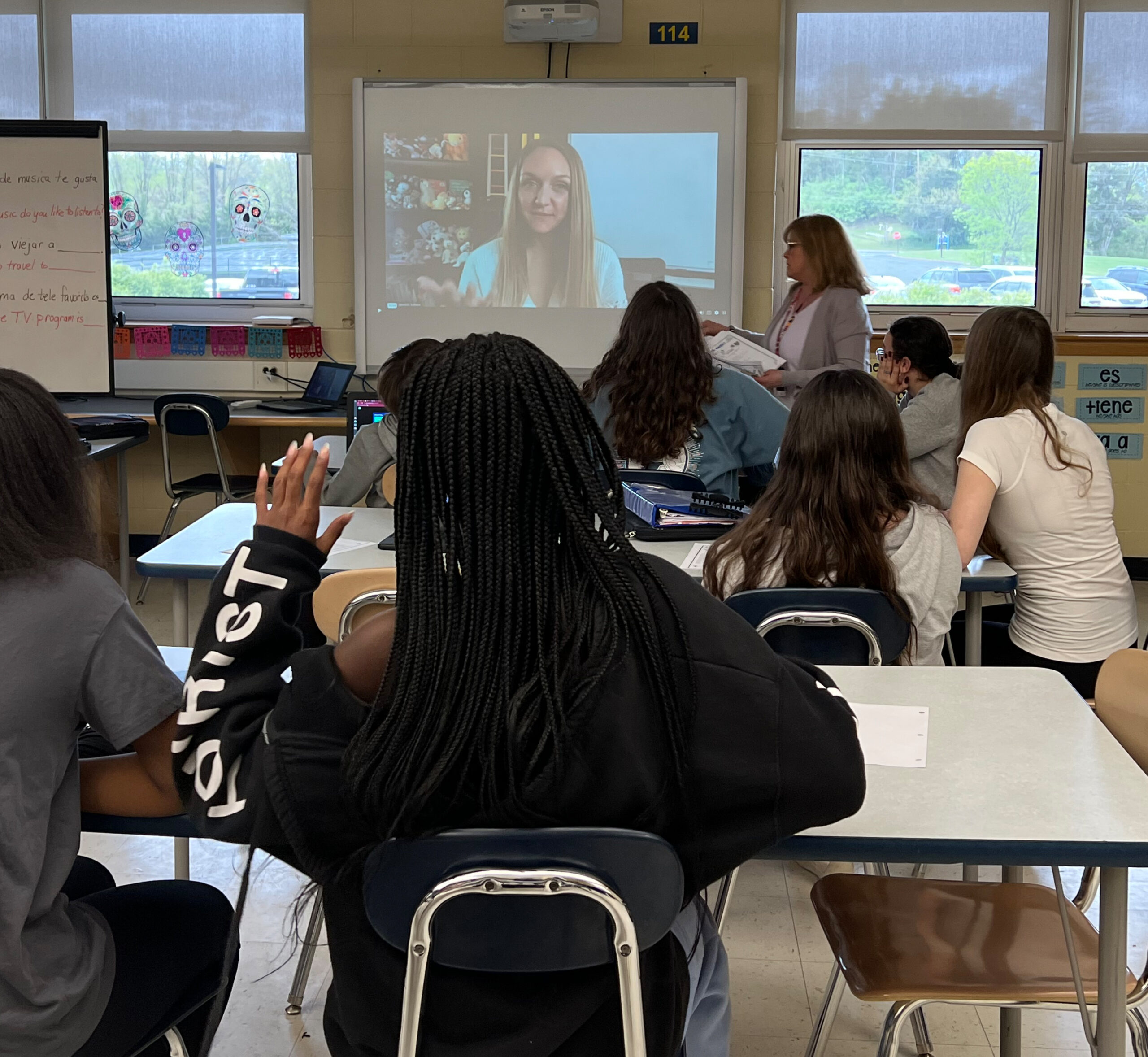
Spanish is the second most spoken language in the U.S., with more than 41 million native speakers, and the demand for Spanish language instruction is on the rise. By 2050, the U.S. Census Bureau projects that the U.S. will have the largest Spanish-speaking population in the world. Accordingly, bilingualism is becoming a vital skill in an increasingly globalized world. According to the American Council on the Teaching of Foreign Languages (ACTFL), bilingual individuals are not only more competitive in the workforce, but also experience cognitive benefits like better problem-solving and multitasking skills.
Spanish remains the most studied language in the U.S. at the K-12 level. Over 7.5 million students are enrolled in Spanish language courses, according to the ACTFL. The demand for Spanish-speaking professionals across industries, from healthcare to business, is only increasing, making language education even more essential for future workforce development. Bilingual education is growing in demand, with an increasing number of schools seeking to offer dual language programs to improve academic outcomes and better serve diverse student populations.
2. Filling the Spanish Teacher Gap

A report by the Learning Policy Institute shows that the U.S. has been experiencing a significant teacher shortage for years, with foreign language teaching being one of the most affected areas. In 2021, more than 75% of states reported shortages in foreign language teachers, especially in Spanish, across multiple districts. The teacher shortage worsened after the pandemic, with surveys indicating that 55% of teachers are considering leaving the profession early. This exacerbates the struggle to fill Spanish teaching positions.
Amid the nationwide shortage of certified teachers in the category, many schools are unable to offer quality Spanish programs. Sarah’s Spanish School is a vital solution to a national problem, filling this critical gap by providing high-quality virtual instruction that meets ACTFL standards. Schools no longer need to struggle to recruit and retain certified Spanish teachers, as Sarah’s Spanish School’s high-quality, certified virtual Spanish instructors offer schools a seamless way to maintain robust language programs without the hiring or extensive onboarding burden. According to EdTech reports, schools are increasingly blending traditional and digital learning methods to offer flexibility and scalability, especially in subjects like world languages, where qualified teachers are scarce.
“Far too many schools are facing an urgent shortage of qualified Spanish teachers, leaving a gap in language education,” Thiemann noted. “For instance, a recent survey revealed that 47% of U.S. school districts are struggling to fill language teaching positions. Our school provides a ready-to-implement solution with state-certified Spanish teachers who deliver engaging, high-quality virtual instruction. This eliminates the need for schools to hire and train in-person staff, offering a fast and effective alternative.”
3. Advantages of Virtual Instruction
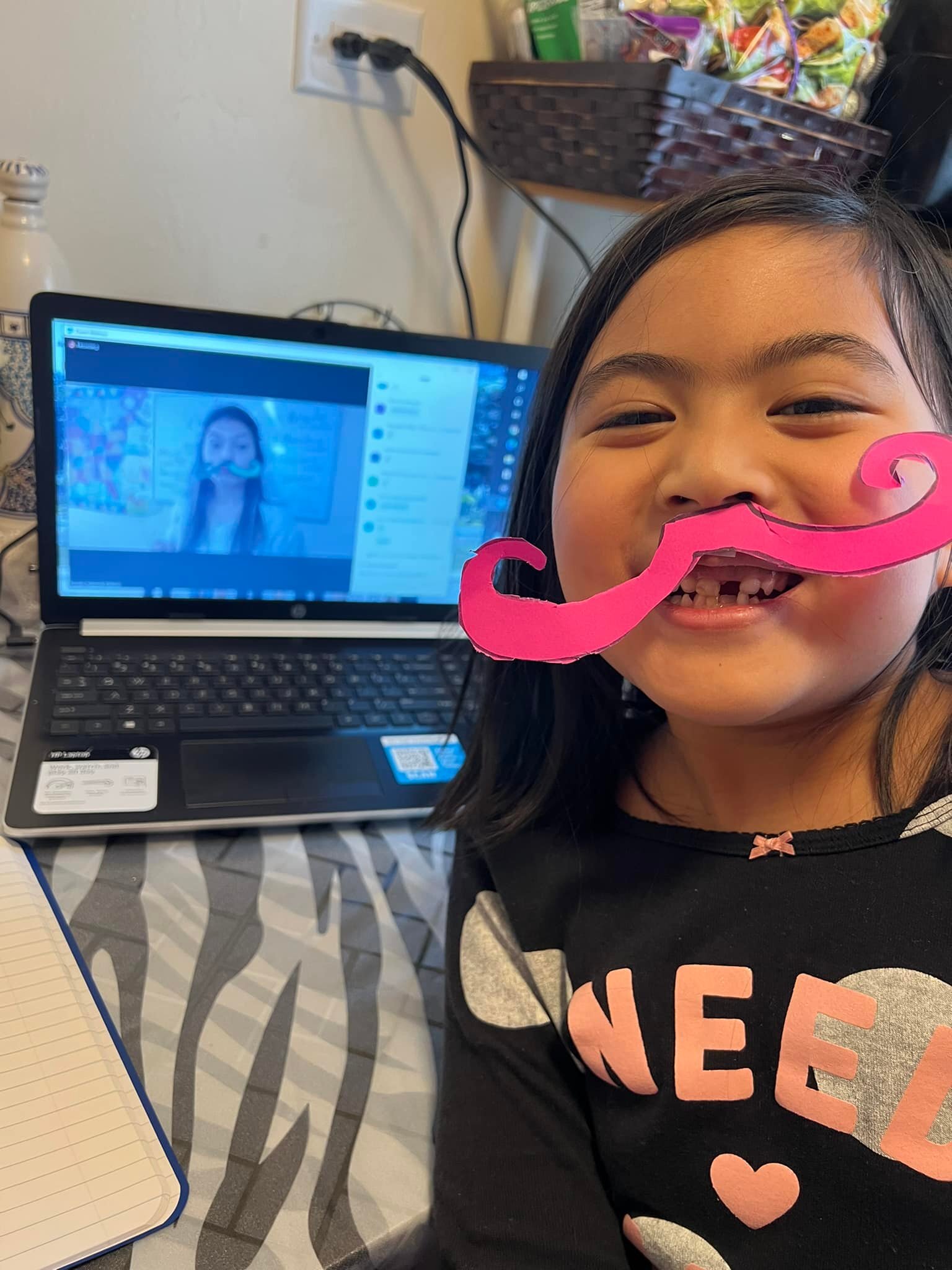
According to research from the U.S. Department of Education, virtual learning can be as effective, or even more so, than in-person instruction, particularly in language learning. Virtual language learning provides students with opportunities to engage in interactive, multi-sensory experiences through videos, games and real-time interactions. Virtual programs also offer flexibility in scheduling, allowing schools to meet their curriculum needs without the logistical constraints of hiring an on-site teacher. Additionally, virtual programs can be more scalable, reaching students across multiple locations without geographical limitations.
Virtual Spanish programs also offer an opportunity to provide high-quality instruction in underserved communities and districts where in-person resources are unavailable. A report by Brookings Institution noted that rural and low-income communities benefit significantly from virtual educational solutions due to the lack of available teachers in these areas.
Sarah’s Spanish School program replicates the energy, engagement and effectiveness of in-person Spanish classes, using a combination of songs, games and interactive worksheets. Many schools have even reported that the program outperforms traditional, in-person teaching methods. Sarah’s Spanish School employs state-certified Spanish teachers who are experts in delivering dynamic, immersive language instruction that resonates with students. Public, private and charter schools across the U.S. have reported significant improvements in student engagement and Spanish proficiency, with thousands of students acquiring lifelong language skills.
4. Cost-Effective Credentialed eLearning
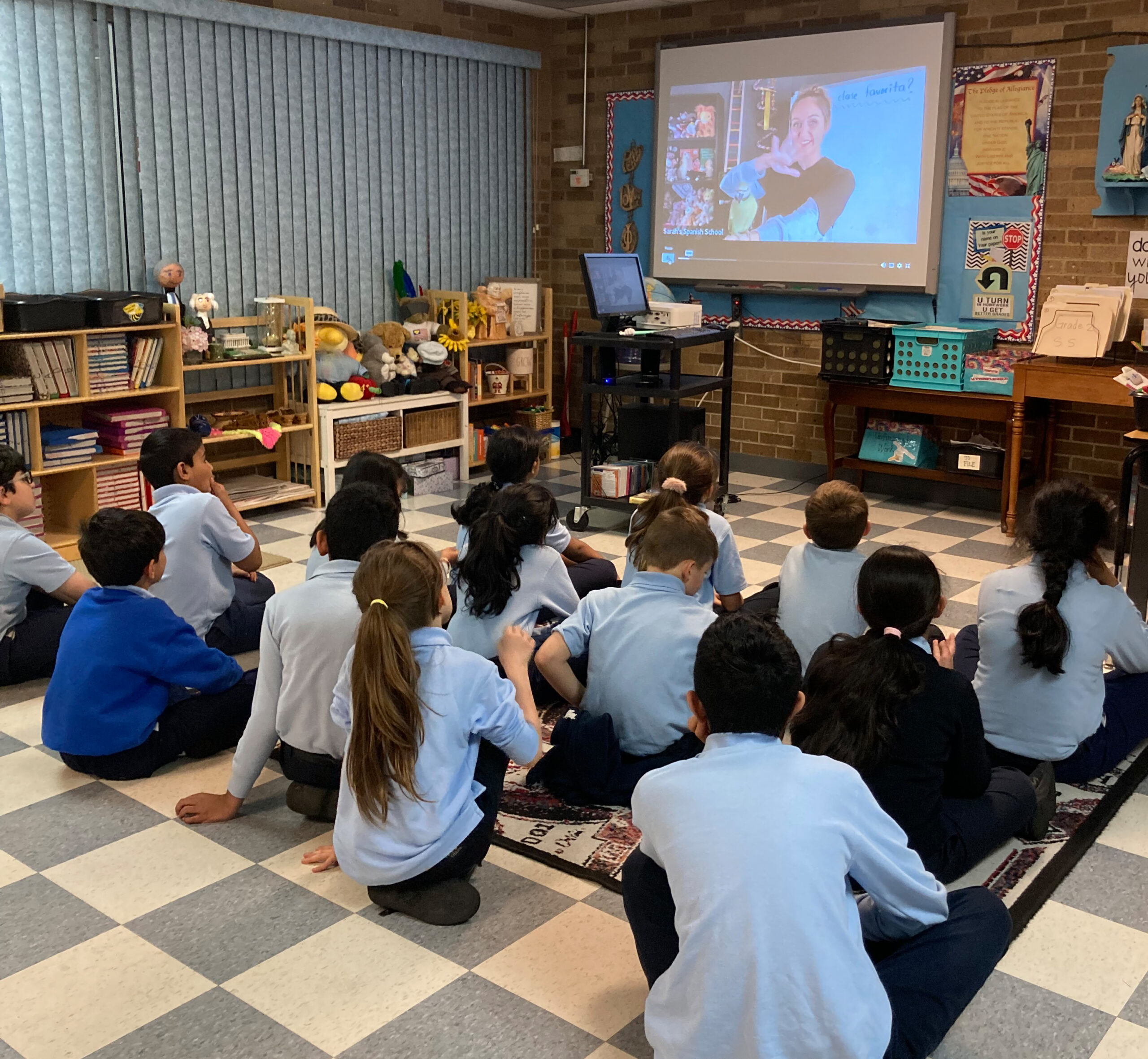
With shrinking budgets and increased financial constraints, schools are looking for cost-effective alternatives. Traditional language instruction often requires paying on-site staff and additional resources. But, hiring in-person certified Spanish teachers is often cost-prohibitive, especially for smaller or underfunded schools. Sarah’s Spanish School offers a cost-effective alternative without compromising on the quality of education, as the program’s pricing is competitive compared to traditional in-person teachers. This cost savings, while maintaining quality, appeals to budget-conscious schools that are keen on alternatives to more expensive, traditional options. It’s a budget-friendly solution for schools looking to maximize their resources, while still providing top-notch education.
Compared to the high costs associated with hiring full-time language teachers, Sarah’s Spanish School offers an affordable and scalable solution. A district in New Jersey saved an estimated $80,000 by implementing the virtual program instead of hiring multiple in-person teachers to cover their language needs. This virtual program’s flexible pricing structure makes it ideal for schools with limited budgets, while still delivering a comprehensive language education experience.
5. Customization and Flexibility

Sarah’s Spanish School is fully customizable to meet the individual needs of each school, whether they prefer virtual classes, asynchronous learning or a combination of both. The school offers both turnkey and customizable solutions that can fit seamlessly into the current school curriculum and schedule. Offering customization strengthens the appeal, especially to schools and districts with varying needs, increasing the likelihood of onboarding multiple schools within a single district.
Sarah’s Spanish School offers a “done-for-you” solution, which seamlessly integrates into a school’s existing curriculum, whether virtual or in-person. The program can be tailored to fit specific needs and class schedules. With all instruction, assessments and reports handled by Sarah’s Spanish School, the program requires no extra work for teachers or school staff, allowing them to focus on other critical areas of education.
6. Positive Educational Outcomes

According to research from the ACTFL, early exposure to foreign languages, like Spanish, enhances overall academic performance, problem-solving skills, enhanced literacy skills and cultural awareness, offering long-term cognitive development and professional benefits. With its focus on early childhood language acquisition, Sarah’s Spanish School is designed to provide students with these long-term educational benefits. The program’s alignment with state standards and intentional focus on interactive learning has been proven to increase engagement and language retention, making it an essential tool for schools focused on holistic education.
Many schools using Sarah’s Spanish School have seen substantial improvements in student engagement and Spanish language proficiency. The program integrates interactive elements like songs, games and worksheets, making it more than just a typical virtual program—it brings language learning to life in a fun and effective way. Testimonials from superintendents and educators across the country confirm the program’s impact, highlighting increased student participation and improved language skills.
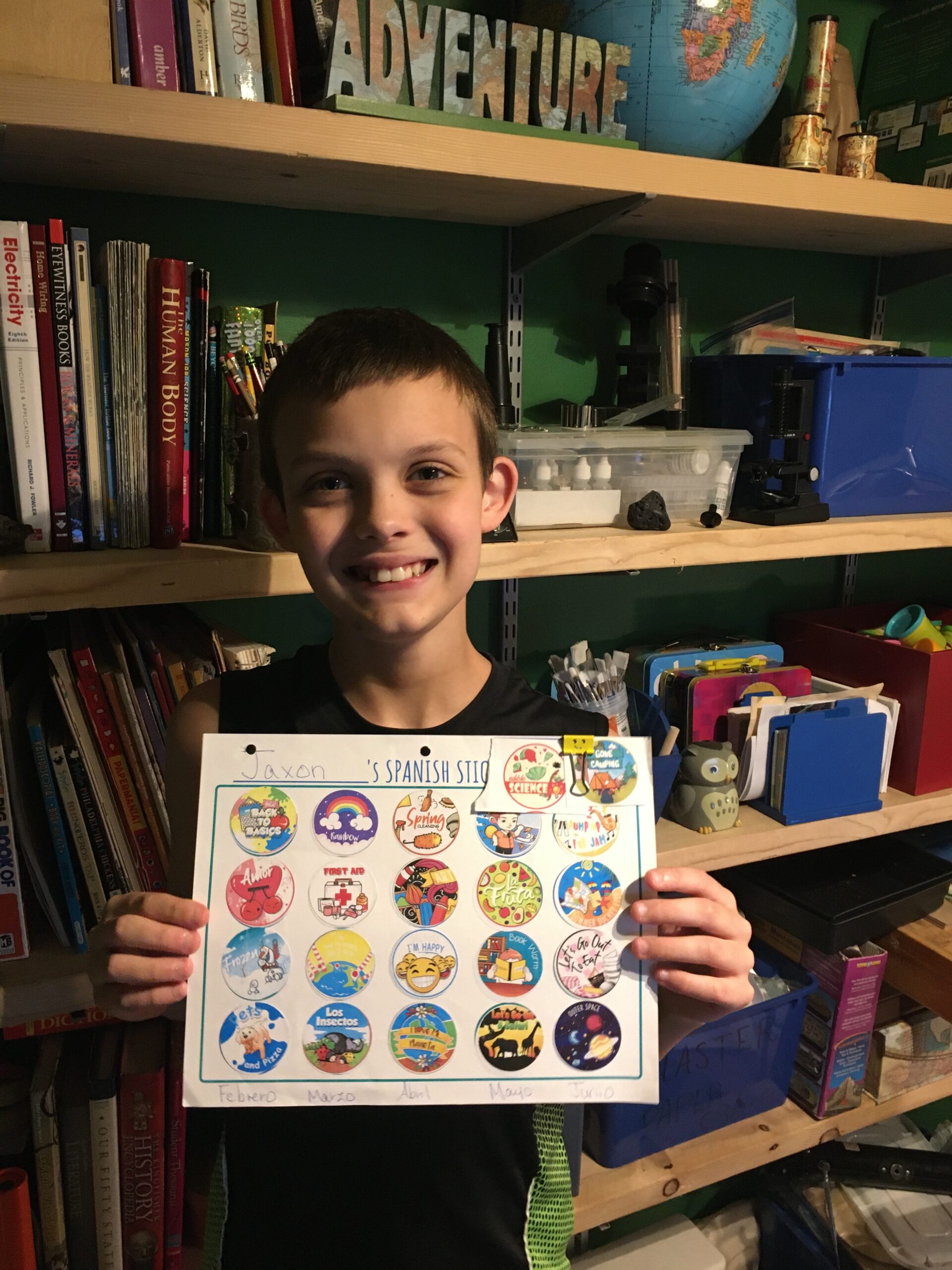
Parents and educators consistently report that the Sarah’s Spanish School program provides an immersive and fun learning environment. One parent from a school in Texas noted, “My daughter now speaks more confidently and uses Spanish daily thanks to Sarah’s Spanish School.”
As another case in point, one middle school in Missouri, unable to secure a qualified Spanish teacher, implemented Sarah’s Spanish School’s virtual program. Within the first semester, they observed a 30% improvement in student language proficiency scores. Students responded positively to the interactive curriculum, which includes songs, games and interactive activities. “Our students were captivated from the first lesson,” shared the school principal. “The combination of live teaching and multimedia resources made learning Spanish enjoyable and accessible.”
“Our platform has a demonstrated track record in various schools and districts, with throngs of testimonials from superintendents, principals and parents praising the program,” notes Tim Thiemann, Co-Founder & Head of Marketing and Sales for Sarah’s Spanish School. “This social proof based on our successful track record has helped other states and school districts feel comfortable to grant long-term contracts for the Spanish program, offering stability and consistency in language instruction for multiple academic years to come.”
7. Federal Government Funding Utilization
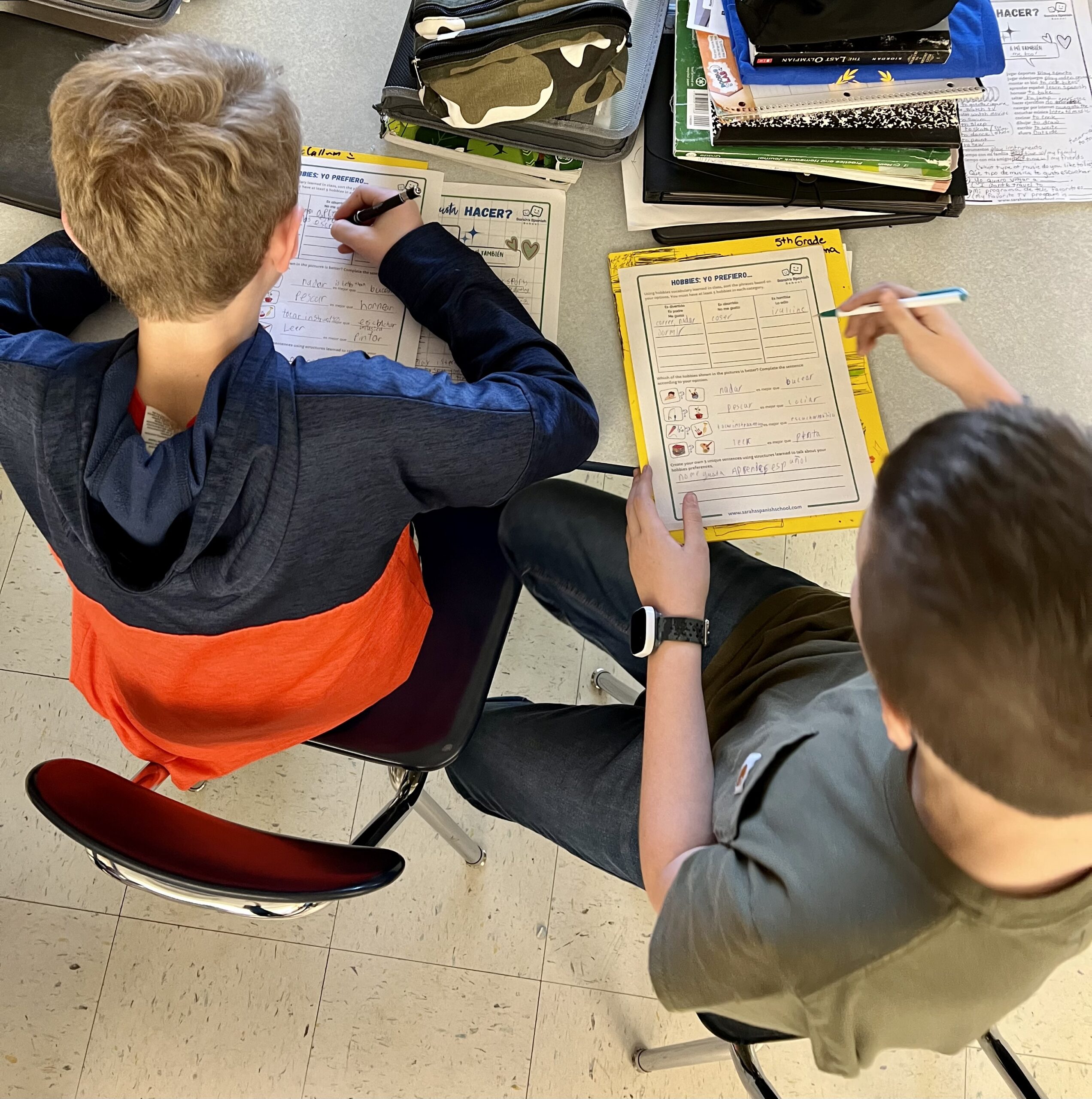
Schools have access to federal relief programs such as EANS (Emergency Assistance for Non-Public Schools) and other funding sources, which can be used to invest in virtual programs like Sarah’s Spanish School. Educational institutions can maximize such federal or local funding programs to implement the program’s virtual instruction at no additional cost, making it a budget-friendly option for schools looking to invest in quality language programs. Leveraging these funds enables schools to implement programs without straining their budgets, ensuring all students have access to high-quality language instruction.
The COVID-19 pandemic itself has transformed education, leading to a massive adoption of virtual learning platforms. The rise of this type of instruction has become a sustainable model for bridging the gap in teacher shortages, allowing schools to access expert teachers nationwide. As schools continue to integrate technology, virtual programs like Sarah’s Spanish School are well-positioned to remain a long-term solution—one providing a flexible and effective virtual Spanish language solution that meets the needs of schools and districts nationwide.
~~~
Merilee Kern, MBA is a brand strategist and analyst who reports on industry change makers, movers, shakers and innovators: field experts and thought leaders, brands, products, services, destinations and events. Merilee is also Founder, Executive Editor and Producer of “The Luxe List” as well and is Host of both the “Savvy Ventures” business TV show that airs nationally on FOX Business TV and Bloomberg TV and the “Savvy Living” lifestyle TV show airing in top U.S. markets. Connect with her at www.TheLuxeList.com and www.SavvyLiving.tv / Instagram www.Instagram.com/MerileeKern / Twitter www.Twitter.com/MerileeKern / Facebook www.Facebook.com/MerileeKernOfficial / LinkedIN www.LinkedIn.com/in/MerileeKern.














 Deering Estate
Deering Estate
 Massage Envy South Miami
Massage Envy South Miami
 Calla Blow Dry
Calla Blow Dry
 My Derma Clinic
My Derma Clinic
 Sushi Maki
Sushi Maki
 Sports Grill
Sports Grill
 The Healthy Kitchen
The Healthy Kitchen
 Golden Rule Seafood
Golden Rule Seafood
 Malanga Cuban Café
Malanga Cuban Café

 Kathleen Ballard
Kathleen Ballard
 Panter, Panter & Sampedro
Panter, Panter & Sampedro
 Vintage Liquors
Vintage Liquors
 The Dog from Ipanema
The Dog from Ipanema
 Rubinstein Family Chiropractic
Rubinstein Family Chiropractic
 Your Pet’s Best
Your Pet’s Best
 Indigo Republic
Indigo Republic




 ATR Luxury Homes
ATR Luxury Homes


 2112 Design Studio
2112 Design Studio
 Hamilton Fox & Company
Hamilton Fox & Company
 Creative Design Services
Creative Design Services
 Best Pest Professionals
Best Pest Professionals
 HD Tree Services
HD Tree Services
 Trinity Air Conditioning Company
Trinity Air Conditioning Company
 Cisca Construction & Development
Cisca Construction & Development
 Mosquito Joe
Mosquito Joe
 Cutler Bay Solar Solutions
Cutler Bay Solar Solutions


 Miami Royal Ballet & Dance
Miami Royal Ballet & Dance
 Christopher Columbus
Christopher Columbus
 Pineview Preschools
Pineview Preschools
 Westminster
Westminster
 Carrollton
Carrollton
 Lil’ Jungle
Lil’ Jungle
 Frost Science Museum
Frost Science Museum
 Palmer Trinity School
Palmer Trinity School
 South Florida Music
South Florida Music
 Pinecrest Orthodontics
Pinecrest Orthodontics
 Dr. Bob Pediatric Dentist
Dr. Bob Pediatric Dentist
 d.pediatrics
d.pediatrics
 South Miami Women’s Health
South Miami Women’s Health

 The Spot Barbershop
The Spot Barbershop
 My Derma Clinic
My Derma Clinic




 Miami Dance Project
Miami Dance Project

 Rubinstein Family Chiropractic
Rubinstein Family Chiropractic
 Indigo Republic
Indigo Republic

 Safes Universe
Safes Universe
 Vintage Liquors
Vintage Liquors
 Evenings Delight
Evenings Delight





 Atchana’s Homegrown Thai
Atchana’s Homegrown Thai
 Baptist Health South Florida
Baptist Health South Florida

 Laser Eye Center of Miami
Laser Eye Center of Miami
 Visiting Angels
Visiting Angels
 OpusCare of South Florida
OpusCare of South Florida

 Your Pet’s Best
Your Pet’s Best





 HD Tree Services
HD Tree Services
 Hamilton Fox & Company
Hamilton Fox & Company


 Creative Design Services
Creative Design Services